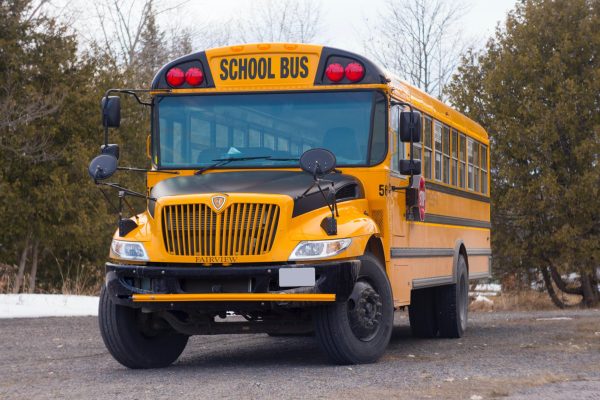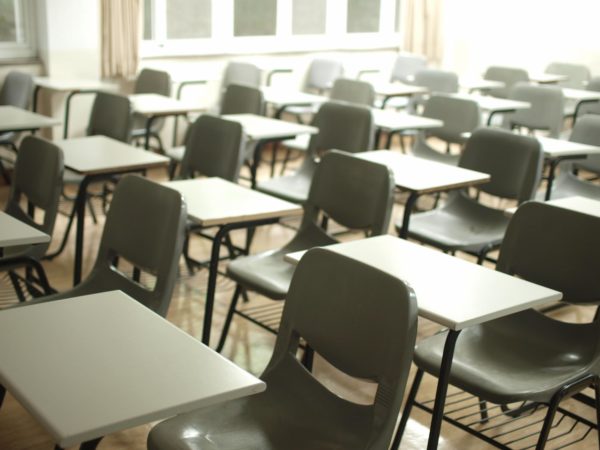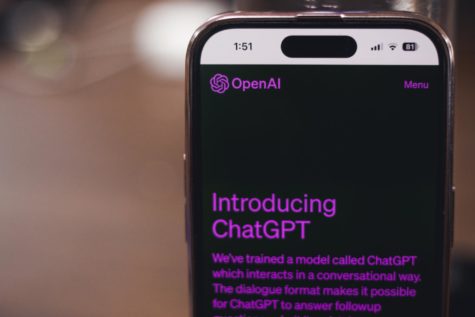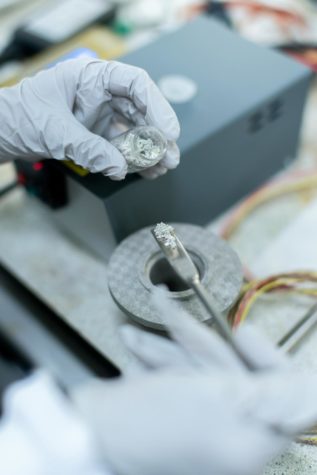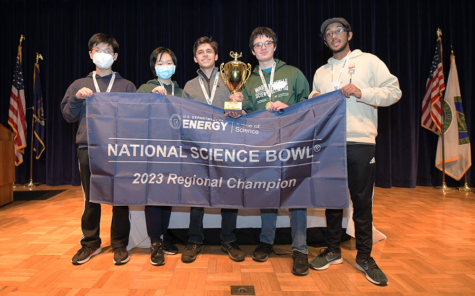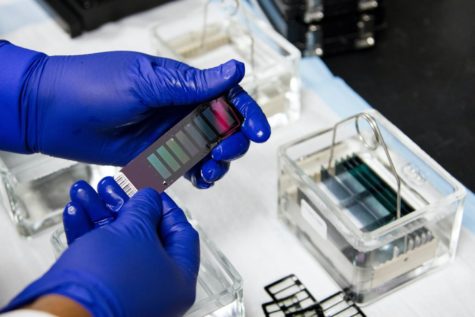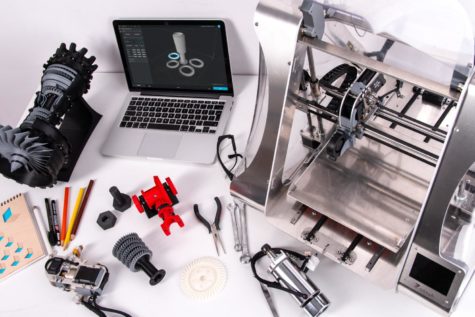Interview: Ward Melville Students Qualify for Intel ISEF
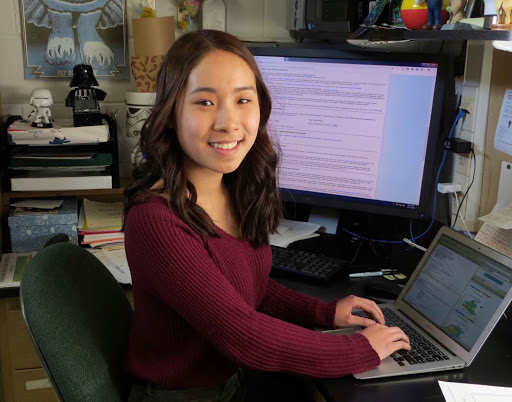
Senior Kelsey Ge conducting research
March 31, 2019
Senior Kelsey Ge and junior Leo Takemaru recently competed in the Long Island Science and Engineering Fair (LISEF) and are now qualified for the upcoming Intel ISEF competition, a prestigious fair that brings together some of the most talented researchers from around the globe. The two told Kaleidoscope about their projects, potential applications, and advice for future researchers:
Q: What is the topic of your project?
KG: I looked at long term trends in the evolution in tropical cyclones and compared them to the environmental factors that maybe be responsible. I focused on the tropical North Atlantic and divided it into two sub-basins, analyzing each of them separately.
LT: My project was on the effect of the protein CCDC11 on HIV-1 viral budding.
Q: What was your schedule like while conducting research?
KG: My schedule was very flexible because I did all my research on a laptop and not in a lab setting. My hours varied day-to-day but most of my research over the summer I worked up to eight hours a day.
LT: My schedule to be able to finish research was very busy. I had to go to the lab 5 days a week during the summer and many weekends of the school year.
Q: What was the most difficult part of your research?
KG: The most difficult part was definitely learning how to actually conduct the procedures. I had to self-learn how to analyze data and plot graphs on python. And that occupied the first few months of my research.
LT: The most difficult part of my research was learning the new techniques that were necessary for my project.
Q: How do you hope your work will have an impact on others?
KG: The results of my research can be used to further understand how changes in climate impact the world around us.
LT: I hope my research can be used in the future to help develop a method to treat HIV as well as other harmful viral diseases.
Q: What is a piece of advice you would offer to students competing in LISEF in the future?
KG: Be able to think on your feet. You might not know the exact answer to every question, but if you’re able to articulate what you do know you can demonstrate your knowledge.
LT: Choose a research topic that you find interesting and don’t get discouraged when your research doesn’t go as planned all the time.
We wish the two talented researchers the best of luck in the upcoming ISEF competition.


